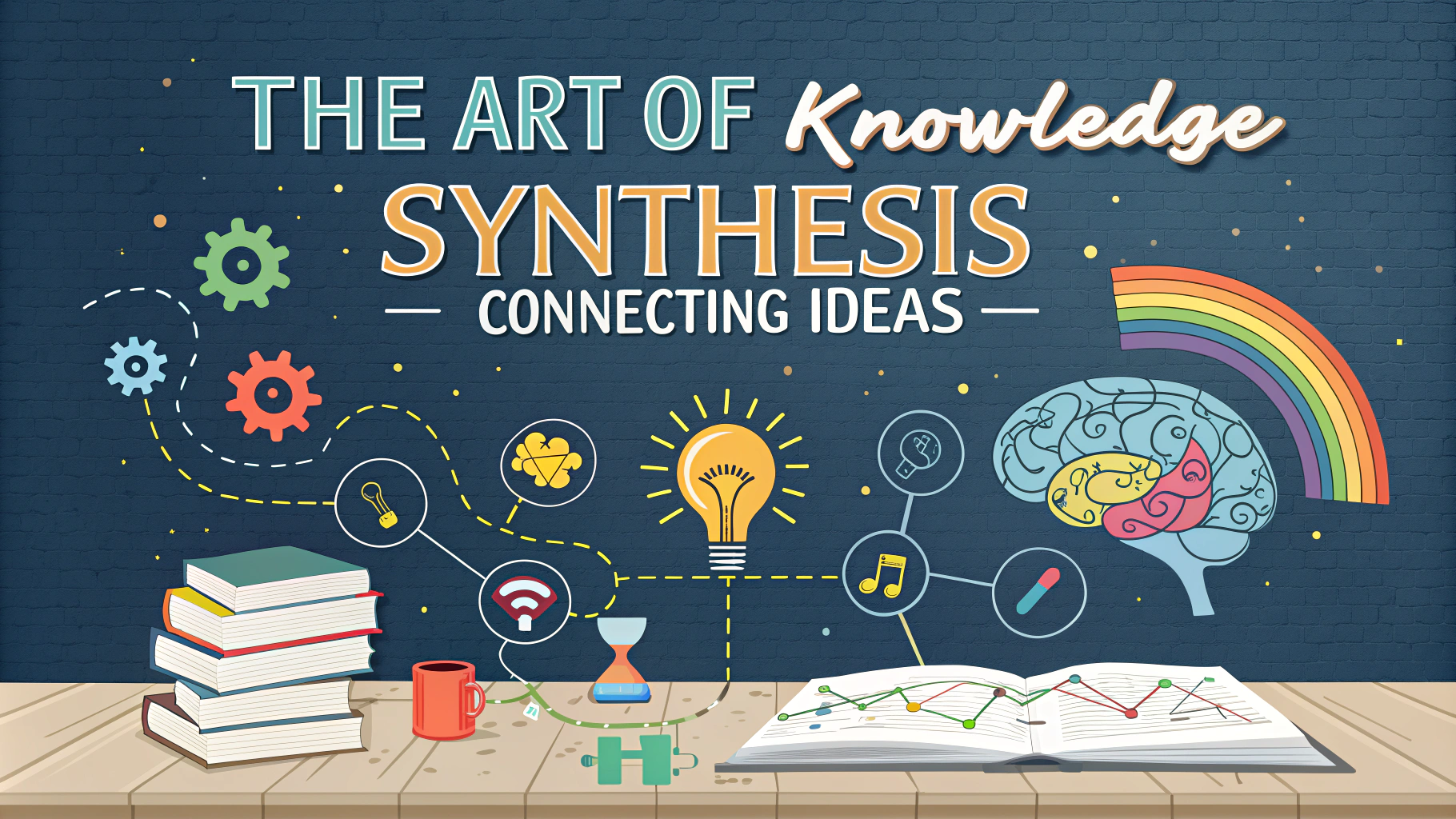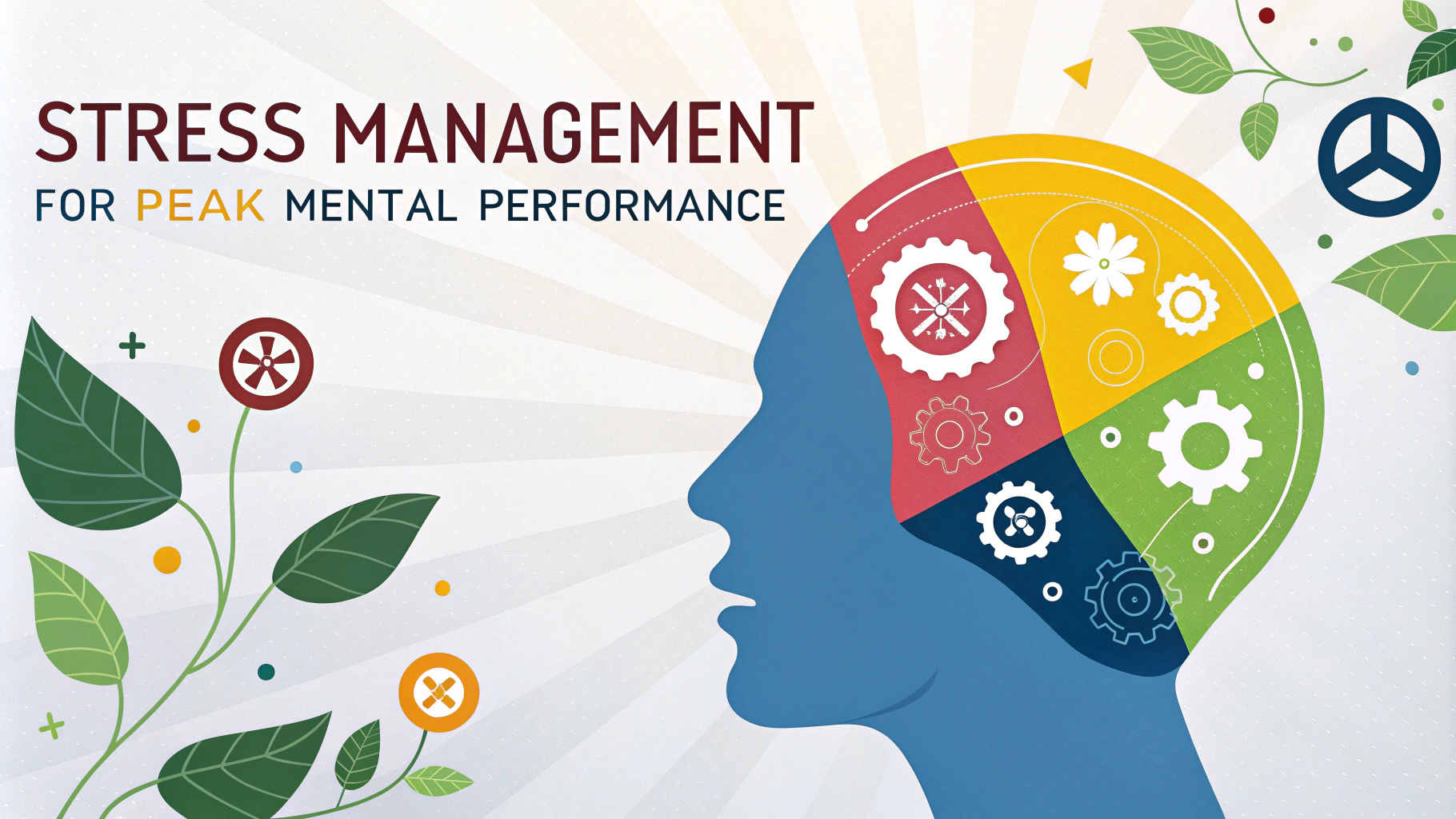A well-structured morning routine can dramatically boost your learning ability and mental performance throughout the day.
The Science Behind Morning Routines and Learning
Research from the Sleep Foundation shows that our brain’s peak performance occurs 2-4 hours after waking up, making mornings ideal for learning activities.
Essential Morning Habits for Better Learning
- Wake Up at the Same Time: Set your alarm for the same time each day to regulate your circadian rhythm
- Natural Light Exposure: Open curtains or step outside within 10 minutes of waking
- Hydration: Drink 16-20 oz of water first thing
- Physical Movement: Do 10-15 minutes of light exercise or stretching
- Mindfulness Practice: Spend 5-10 minutes meditating or breathing exercises
Optimal Learning Time Blocks
| Time Block | Activity | Duration |
|---|---|---|
| 6:00-6:30 AM | Wake-up routine | 30 mins |
| 6:30-7:00 AM | Exercise/Movement | 30 mins |
| 7:00-8:00 AM | Primary learning session | 60 mins |
Nutritional Support for Morning Learning
- Brain-Boosting Breakfast Options:
- Oatmeal with berries and nuts
- Greek yogurt with seeds and fruit
- Eggs with whole-grain toast and avocado
Technology and Tools
Use apps like Sleep Cycle (sleep tracking) or Headspace (meditation) to optimize your morning routine.
Common Morning Routine Mistakes to Avoid
- Checking emails or social media immediately after waking
- Skipping breakfast
- Rushing through morning activities
- Consuming caffeine before water
Contact sleep specialist Dr. Michael Breus (thesleepdoctor.com) for personalized sleep-wake optimization advice.
Quick Morning Routine Template
- Wake up (same time daily)
- Drink water (16 oz)
- 5-minute stretching
- 10-minute meditation
- Nutritious breakfast
- 30-minute focused learning session
Track your morning routine progress using apps like Habit Bull or Coach.me for accountability and consistency.
Implementing Your Morning Routine
Gradual Transition Tips
- Start Small: Change one habit at a time
- Prep the Night Before: Lay out clothes, prepare breakfast items
- Buffer Time: Add 15 minutes to your estimated routine time
- Weekly Assessment: Review and adjust your routine every Sunday
Environmental Optimization
- Bedroom Setup:
- Room temperature: 65-68°F (18-20°C)
- Blackout curtains for quality sleep
- Smart lighting for gradual wake-up
- Learning Space: Designate a clutter-free morning study area
Measuring Success
| Metric | Tracking Method | Target Goal |
|---|---|---|
| Sleep Quality | Sleep tracking app | 7-8 hours |
| Morning Energy | Daily rating (1-10) | 7+ rating |
| Learning Retention | Weekly assessments | 80%+ recall |
Conclusion
A consistent morning routine creates the foundation for enhanced learning and cognitive performance. By implementing these evidence-based strategies and gradually building sustainable habits, you can optimize your brain’s peak performance windows and achieve better learning outcomes.
- Start with small changes
- Stay consistent for at least 21 days
- Monitor progress regularly
- Adjust based on personal results
Remember to customize these guidelines to fit your personal schedule and learning goals while maintaining the core principles of consistent timing, proper nutrition, and focused learning blocks.
FAQs
- What are the key components of an effective morning routine for optimal learning?
An effective morning routine includes 7-9 hours of quality sleep, hydration upon waking, 10-15 minutes of meditation or mindfulness, light exercise, a protein-rich breakfast, and 10-15 minutes of reading or learning before starting main tasks. - What is the ideal wake-up time to maximize learning potential?
The optimal wake-up time is between 6:00-7:00 AM, aligning with the body’s natural circadian rhythm and cortisol levels, which peak in the early morning hours to enhance alertness and cognitive function. - How does morning exercise impact learning capacity?
Morning exercise increases BDNF (Brain-Derived Neurotrophic Factor) production, improves blood flow to the brain, reduces stress hormones, and enhances focus and memory retention for 4-10 hours afterward. - Which foods should be included in a morning meal to boost cognitive function?
Include foods rich in omega-3 fatty acids (eggs, fish), antioxidants (berries), whole grains for sustained energy, and proteins (nuts, yogurt) to support neurotransmitter production and maintain stable blood sugar levels. - How long should a morning learning routine last for maximum effectiveness?
A morning learning routine should last 60-90 minutes total, with focused learning sessions of 25-30 minutes, followed by 5-minute breaks to prevent mental fatigue and maintain high retention rates. - What role does morning hydration play in learning capacity?
Morning hydration is crucial as even 2% dehydration can reduce cognitive performance by 30%. Drinking 16-20 oz of water upon waking helps restore hydration levels and improves mental clarity. - How does morning light exposure affect learning ability?
Morning exposure to natural light for 10-30 minutes helps regulate circadian rhythm, increases alertness, and boosts serotonin production, which enhances mood and cognitive performance. - What morning activities should be avoided to prevent diminished learning capacity?
Avoid immediate exposure to blue light from devices, heavy or sugary breakfasts, excessive caffeine consumption, and checking email or social media within the first hour of waking. - How does morning meditation impact learning and memory?
Morning meditation increases gray matter density in areas associated with learning and memory, reduces stress hormones by up to 50%, and improves attention span and information processing. - What is the correlation between morning routine consistency and learning effectiveness?
Maintaining a consistent morning routine for at least 66 days creates sustainable habits, reduces decision fatigue by 70%, and increases learning efficiency by stabilizing circadian rhythms and hormonal patterns.








